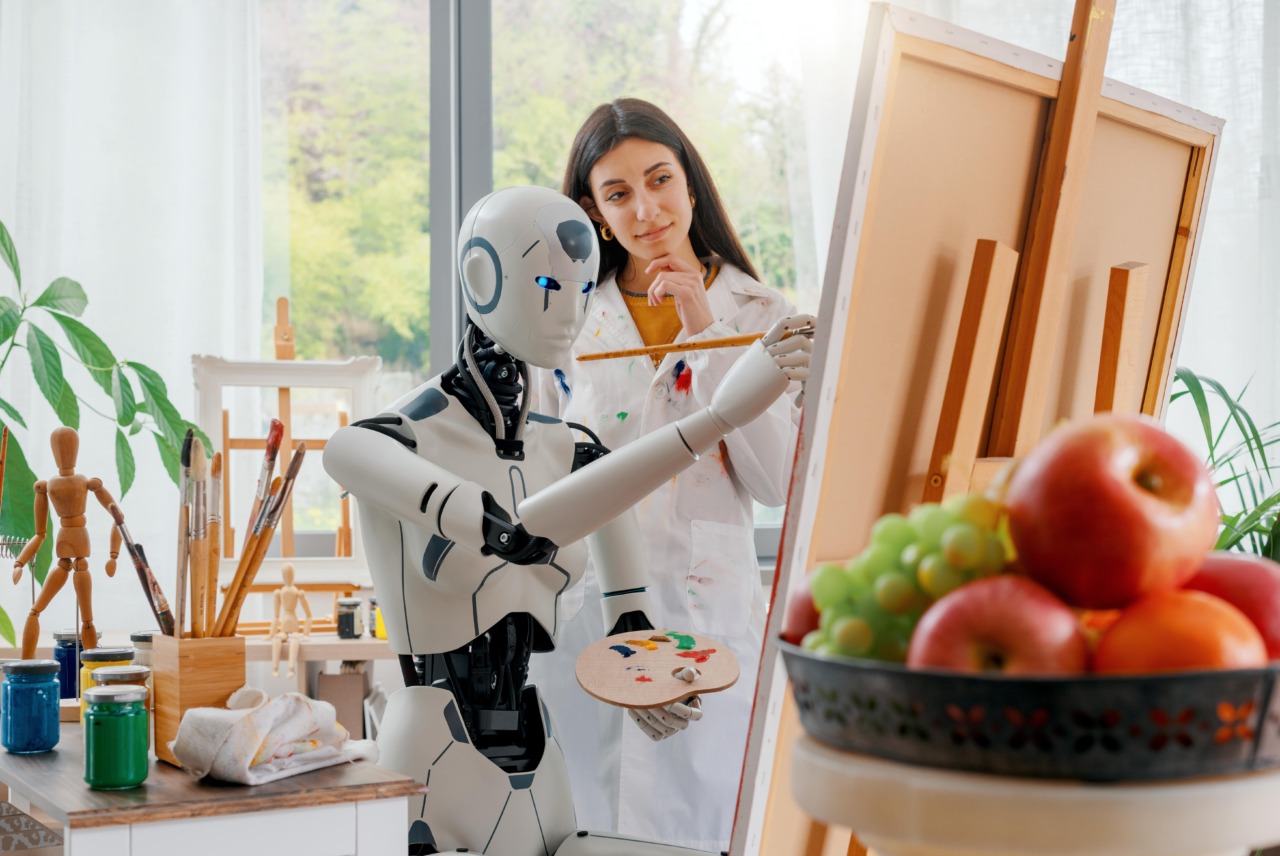

Just a few years ago, artificial intelligence seemed reserved for global tech giants and futuristic labs. But in 2025, AI has become a powerful tool in the hands of small and medium-sized businesses across Serbia. From artisan bakeries to travel agencies and digital freelancers, AI is quietly revolutionizing the way business is done — affordably, efficiently, and locally.
Getting Started: AI in Everyday Tasks
Scheduling appointments, answering customer inquiries, creating marketing content — these are just a few examples of tasks now handled by AI tools in Serbian businesses. The best part? You don’t need a huge budget or tech team to implement them.

In Kragujevac, a small hair salon uses a free chatbot integrated with Instagram to manage bookings. A travel agency in Subotica relies on ChatGPT to draft tour descriptions and respond to common client questions. These micro-solutions save time, reduce human error, and allow entrepreneurs to focus on what matters most — their customers.
Homegrown Solutions and Serbia’s AI Startups
Serbia’s startup ecosystem is increasingly focused on AI. Young companies are building tools that help small businesses optimize inventory, set competitive prices, analyze customer behavior, and automate digital advertising.
A Novi Sad-based startup recently launched an AI-powered pricing assistant for online stores. “Our tool detects patterns humans often miss,” explains the founder. “It can suggest promotional pricing based on weekend trends or holidays, all in real time.” The system is cloud-based and available through affordable subscriptions — making it accessible to even the smallest businesses.
The Rise of New Skills and Digital Professions
As automation takes over routine tasks, new skill sets are emerging. Writing effective AI prompts, interpreting data, generating visuals, and curating content are now highly sought-after capabilities.
Across Serbia, vocational schools and business hubs are offering AI-focused courses, helping workers reskill and adapt to future demands. What was once considered “nice to know” is rapidly becoming essential for anyone doing business.
AI in Customer Support: Automation Meets Human Touch
Customer service is among the first areas where AI shows its strength. Many companies now use chatbots to answer frequently asked questions 24/7 — helping with order tracking, product details, or booking info.

In industries like tourism or healthcare, AI supports — but doesn’t replace — human agents. It sends reminders, collects reviews, and helps clients navigate services, while keeping a personal touch where it matters most.
Barriers and Fears: Why Education Is Key
Despite the momentum, many Serbian entrepreneurs still hesitate to adopt AI. Common concerns include fear of job losses, lack of tech expertise, and the perception that AI is too complex or expensive.
The solution? Education and awareness. Government programs, local business centers, and private initiatives are increasingly offering workshops and resources to help entrepreneurs understand — and confidently embrace — AI tools.
Small Businesses, Smart Moves
AI is no longer just for the tech elite. In Serbia, small businesses are discovering that even simple digital tools can have a transformative impact. Whether it’s automating customer service, improving decision-making, or scaling marketing efforts, AI is helping entrepreneurs work smarter — not harder.
In the coming years, success will depend not only on product quality or service delivery but also on digital readiness. The businesses that adapt early will be the ones to thrive in a competitive, AI-powered world.
Related Articles


5 Little Things in Serbia That Travelers Never Forget
February 20, 2026
Interesting Facts About Sretenje You May Not Know
February 16, 2026






